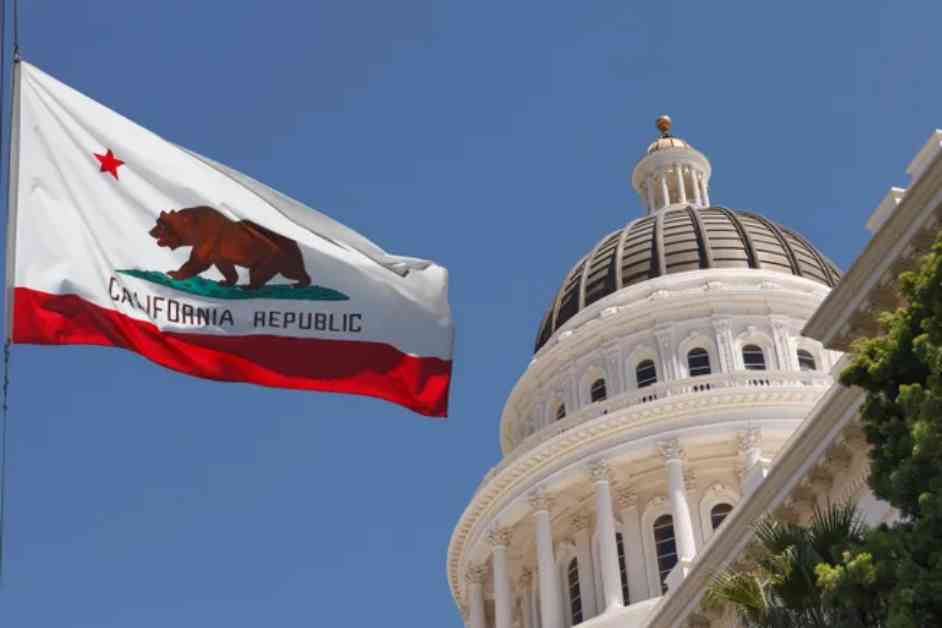California Governor Gavin Newsom to Decide on Ban on Legacy and Donor Admissions at Private Colleges
In a move that could potentially reshape the landscape of college admissions in California, lawmakers have passed legislation aimed at preventing private colleges in the state from giving admissions preference to legacy applicants or those with ties to donors. The proposed ban would require institutions found in violation to report on the admission rates of students provided legacy or donor preferences compared to the rest of the student body. Additionally, they would be mandated to provide data on the racial, geographic, and financial diversity of admitted students, as well as their athletic status.
The bill now awaits the decision of Governor Gavin Newsom, whose office has not yet responded to requests for comment. If signed into law, the ban would take effect on September 1, 2025, with colleges required to submit their first reports by June 30, 2026.
Legacy admissions have been a contentious issue in higher education, particularly following a U.S. Supreme Court ruling against race-conscious admission policies. The decision raised concerns about the potential impact on historically disadvantaged students seeking entry into selective institutions. In response, states and colleges across the country have begun reevaluating their admissions practices, with some focusing on legacy policies that often favor White and wealthy students.
California Assemblymember Phil Ting introduced the proposed legacy ban as a direct response to the Supreme Court ruling, emphasizing the importance of merit-based admissions. Ting stated, “Hard work, good grades, and a well-rounded background should earn you a spot in the incoming class — not the size of the check your family can write or who you’re related to.” The legislation aims to level the playing field in college admissions and promote fairness and equity in the process.
The bill takes a proactive approach by requiring colleges to report on their admissions practices, with non-compliant institutions being publicly listed by the California Department of Justice. Some of the state’s highly selective private colleges, including Stanford University, the University of Southern California, and Claremont McKenna College, have acknowledged the use of legacy or donor admissions. For example, in fall 2023, 13.6% of Stanford’s incoming undergraduate class had ties to alumni or donors, according to a report submitted to lawmakers.
While the proposed ban would only apply to private colleges, it highlights the ongoing debate surrounding college admissions and the push for greater transparency and equity in the process. Ting’s legislation underwent amendments before passing, including the removal of a provision that would have imposed a civil penalty on non-compliant colleges equal to the amount of funding received from the Cal Grant program.
The issue of fairness in college admissions has been a recurring topic in California, particularly in light of past scandals such as the 2019 Varsity Blues scandal. In that case, wealthy parents and college officials were charged with exploiting the admissions processes of several prestigious universities, leading to questions about the integrity of the system. Rick Singer, the ringleader of the scheme, described the process as a “side door” for privileged individuals to secure spots at top institutions, drawing attention to the influence of wealth and connections in admissions decisions.
As California continues to grapple with the complexities of college admissions, the proposed ban on legacy and donor admissions marks a significant step towards promoting merit-based selection and enhancing diversity in higher education. Governor Newsom’s decision on the legislation will have far-reaching implications for the state’s private colleges and the future of admissions practices in California.

